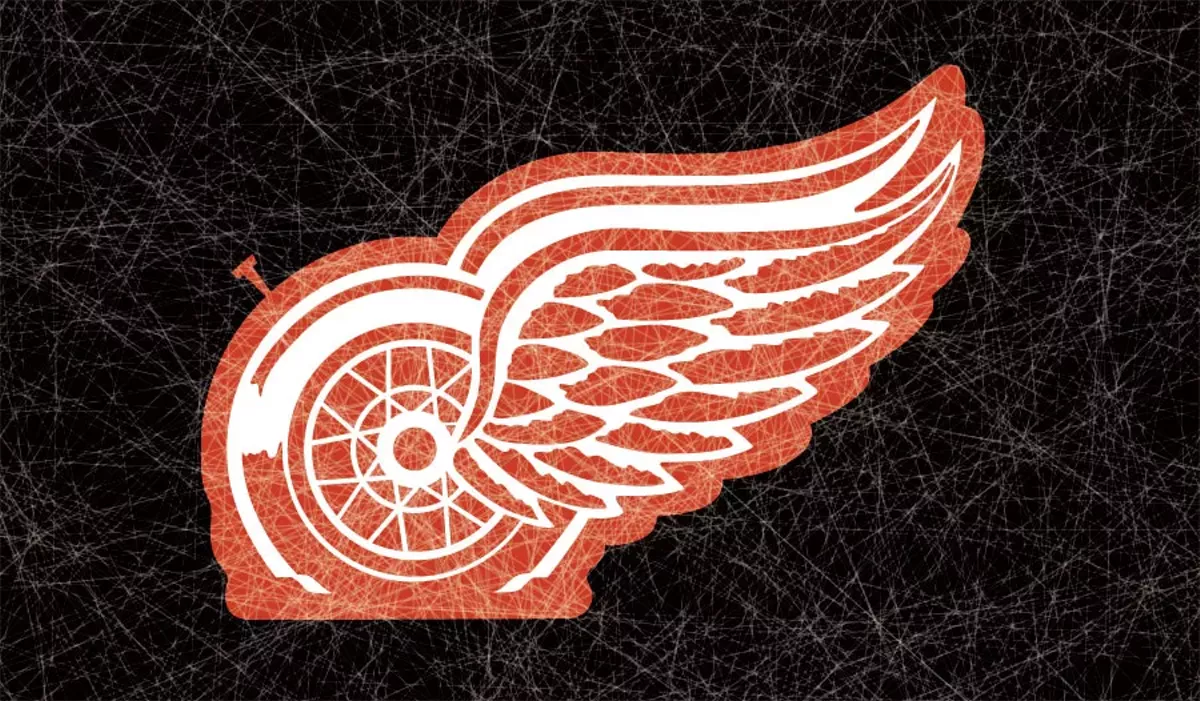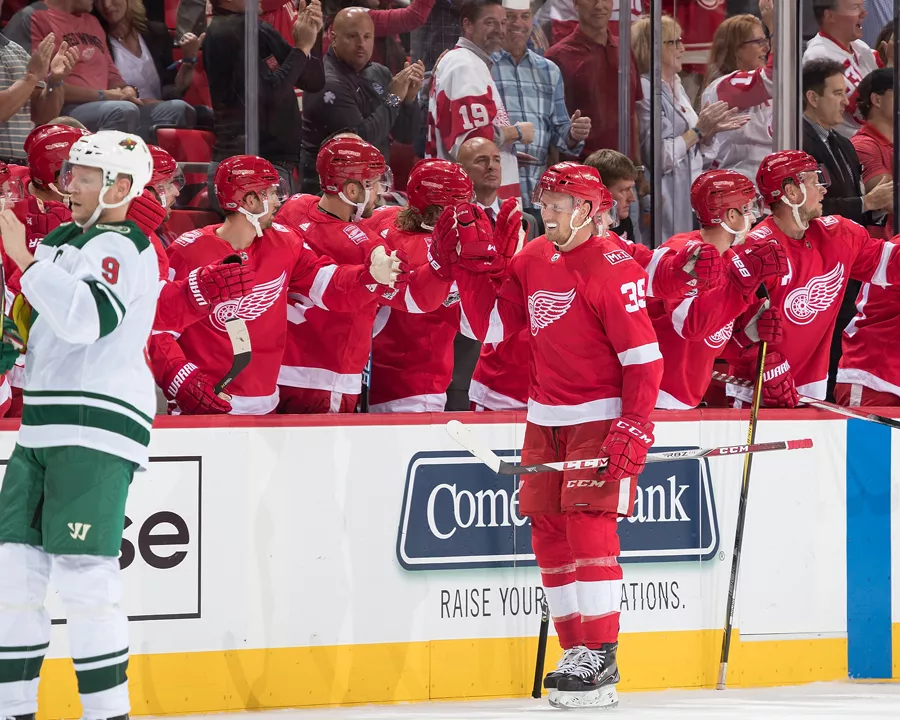A genius is born
Upon Holland's promotion from co-interim general manager to full-time general manager in July 1997, the team was in between winning its first and second Stanley Cups in the modern era.
Yzerman, Fedorov, Shanahan, Igor Larionov, Lidstrom, and Slava Fetisov made up that season's sterling roster. Though that felt like a team for the ages, Holland would somehow assemble an arguably more superior product just a few years later.
And during the next 25 years under Holland's guidance the Wings would win a lot. That list of accomplishments includes 10 division titles, five conference titles, four President's Trophies, three Stanley Cups, and more regular-season wins (789) and postseason wins (118) than any other NHL team.
With Holland under fire for today's situation, it's easy to forget those numbers.
"In terms of regarding someone's legacy, it's easier to remember them as all good or all bad," J.J. says. "At some point it caught up with him, but Ken Holland, prior to 2010 ... was really good at changing with the league, and he set the standard in how to do that."
Part of that had to do with resources. Before the NHL enforced a salary cap in 2005, the Wings benefited from its late owner and pizza mogul Mike Ilitch's willingness to spend money to lure high end players to win cups (though it's worth noting that the New York Rangers consistently spent more on payroll, with far less success).
And the talent wasn't limited to the ice. Scotty Bowman, one of the game's great minds, stood behind the bench. Holland ran the front office with Jimmy Devellano, while the brilliant Hakan Andersson and Jim Nill operated what was considered one of the top scouting departments.
The latter partly earned that reputation on two draft picks that would ultimately propel the Wings for another generation, but arguably doom it for the generation after that. In the late '90s Holland and Andersson were among the very first to mine talent in Europe and Russia, and in 1998 and 1999 the organization drafted Pavel Datsyuk and Henrik Zetterberg in the sixth and seventh rounds, respectively.
By 2002, with Ilitch's checkbook still open, Holland pulled together some of the game's best talent by offering money and the prospect of winning a championship. That season's Stanley Cup-winning team held 10 future hall of famers, and was a joy to watch.
But the 2005 lockout season brought an end to the open checkbook era of the Wings' success. In an effort to force league parity and pay players less, the NHL's owners demanded a salary cap. That forced the Wings to reduce its 2004 payroll from $77 million to $39 million in 2006, and many wondered if it would spell the end of the organization's dominance.
It didn't. In what many say may be Holland's finest moment, he pared down the team's salary without really breaking up the band. As J.J. notes, that involved making a hard decision to part with veterans like Darren McCarty, Dominik Hasek, Brett Hull, and Curtis Joseph, and turn the team over to its youth. (Though 10 years later, much to the chagrin of fans, Holland would choose not to turn over the team to the kids.) Beyond that, stars like Lidstrom, Yzerman, and Chelios all took paycuts to get the team under the cap.
And two years later, the new Red Wings won another cup, led by a peaking Zetterberg and Datsyuk, who seamlessly took over the reigns of Yzerman and Shanahan by 2008. Holland fortified that team with 20-goal scorers like Johan Franzen, Tomas Holmstrom, Jirí Hudler, and on defense, the talented Brian Rafalski.
Nearly the same team went to the Stanley Cup finals again the next season, losing in a dramatic game 7 to the Sidney Crosby-led Pittsburgh.
In hindsight, that was the last real chance the Wings had at winning the cup — and the start of a slow spiral.









